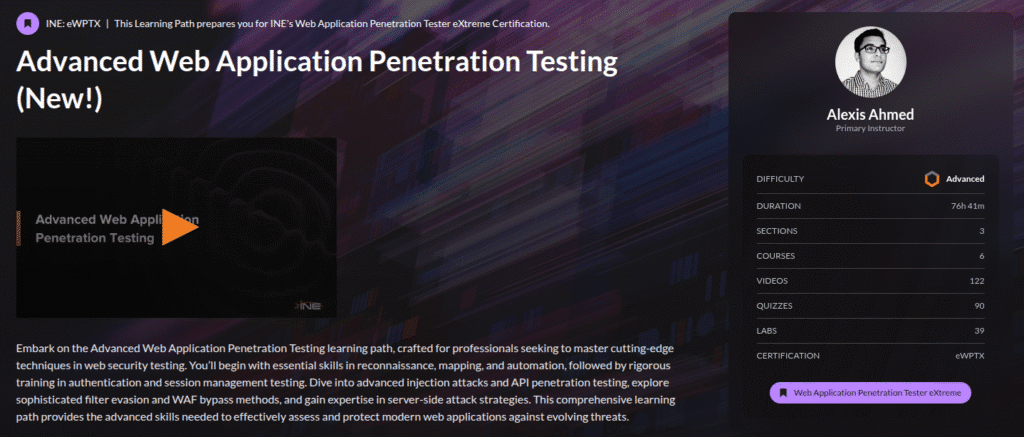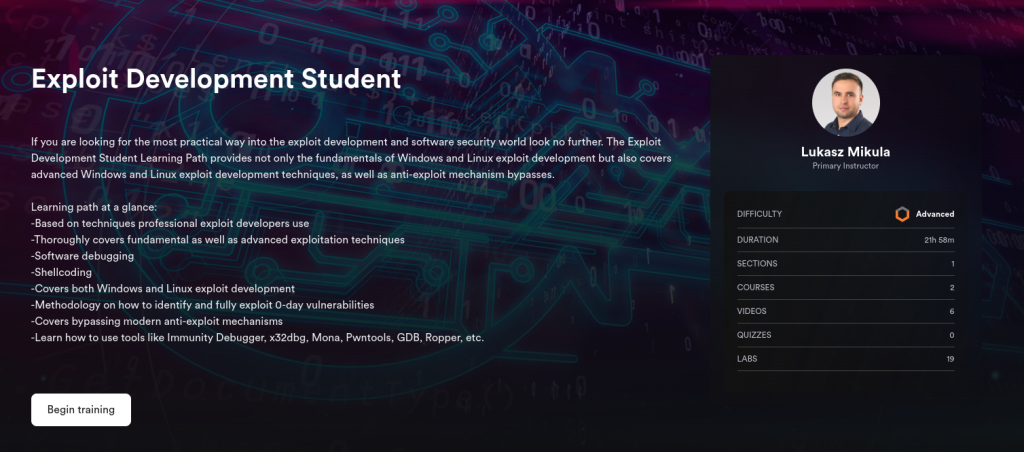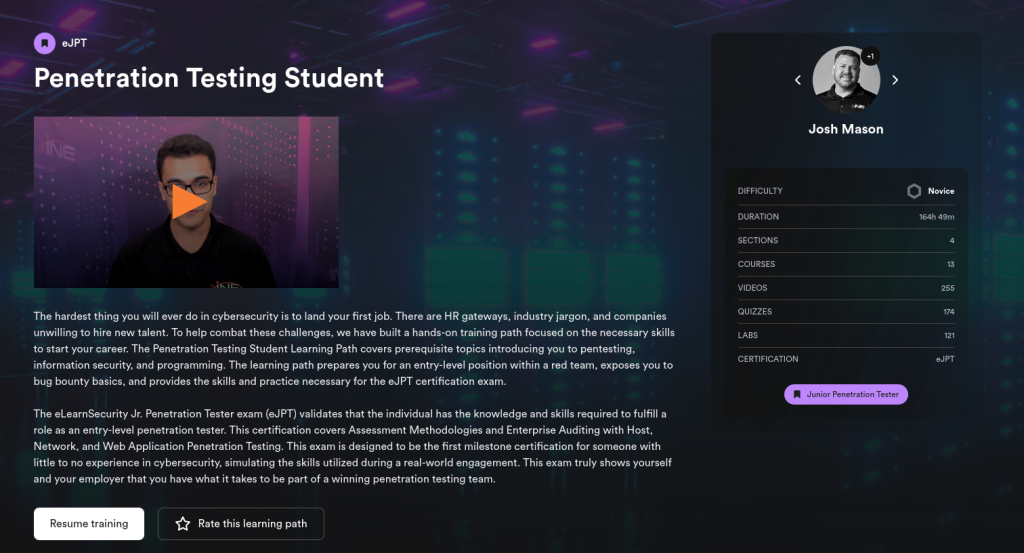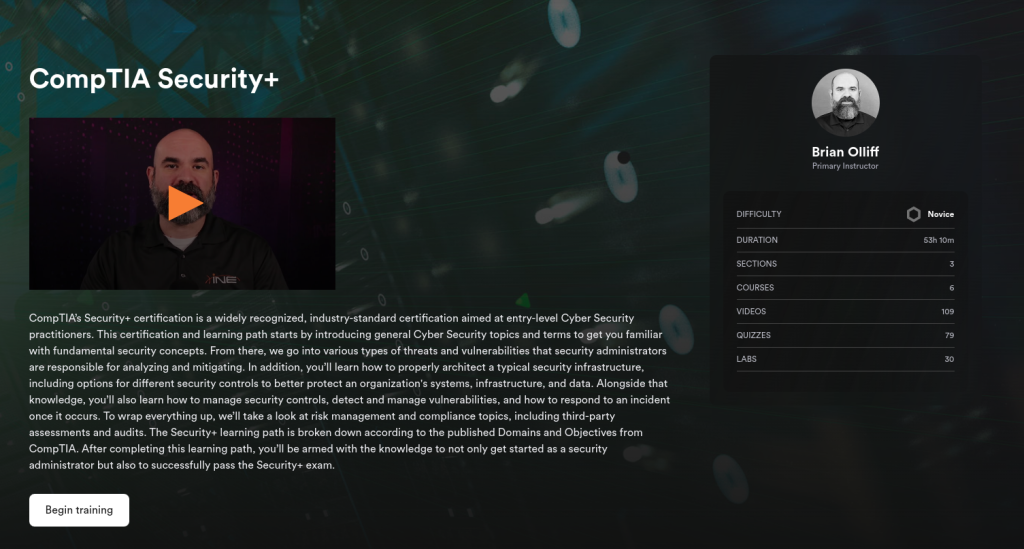
Embark on the Advanced Web Application Penetration Testing learning path, crafted for professionals seeking to master cutting-edge techniques in web security testing. You’ll begin with essential skills in reconnaissance, mapping, and automation, followed by rigorous training in authentication and session management testing. Dive into advanced injection attacks and API penetration testing, explore sophisticated filter evasion and WAF bypass methods, and gain expertise in server-side attack strategies. This comprehensive learning path provides the advanced skills needed to effectively assess and protect modern web applications against evolving threats.







